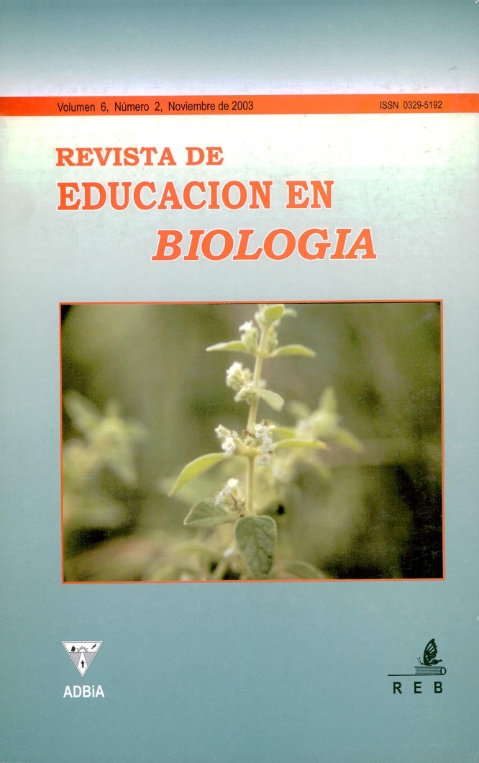Biology: a dialogue with the crisis in Science Education
Main Article Content
Abstract
This paper discusses the cultural evolution caused by the technological knowledge revolution at the XX
century, that has given origin to anothcr type of organization and distribution of scientific knowledge in
Science and Biology, for the entirely human society. Nowadays. the educational system is neither the
unique nor the main source of information and leaming science. Therefore, educational institutions must
revise the relationship among production-inforination-alphahetizatjcn so that the principles (values) of
humility, rationality and reasonability. The biological knowledge searched and developed in recent years,
should serve as a strategy of achieve equality, more democratic environments an it much better preservation and quality of life. However, paradoxically, as a process of cultural evolution, we observe a distance between the ways to comprehend reality and the strategies of action to search for it. The theories of the greatest experts in the field of Education agree with two aspects: a dangerous vision of fragmented and traditional knowledge and the necessity of educating to construct new intellectual strategies and projected thoughts that allow deeps relationships and articulations among disciplines, methods and models, with more sensitivity and human compromise.
Article Details

This work is licensed under a Creative Commons Attribution-NonCommercial-ShareAlike 4.0 International License.
Aquellos autores/as que tengan publicaciones con esta revista, aceptan los términos siguientes:- Los autores/as conservarán sus derechos de autor y garantizarán a la revista el derecho de primera publicación de su obra, el cuál estará simultáneamente sujeto a la Licencia de reconocimiento de Creative Commons que no se permite un uso comercial de la obra original ni de las posibles obras derivadas, la distribución de las cuales se debe hacer con una licencia igual a la que regula la obra original.
- Los autores/as podrán adoptar otros acuerdos de licencia no exclusiva de distribución de la versión de la obra publicada (p. ej.: depositarla en un archivo telemático institucional o publicarla en un volumen monográfico) siempre que se indique la publicación inicial en esta revista.
- Se recomienda a los autores/as difundir su obra a través de Internet (p. ej.: en archivos telemáticos institucionales o en su página web) después del proceso de publicación, lo cual puede producir intercambios interesantes y aumentar las citas de la obra publicada. (Véase El efecto del acceso abierto).
How to Cite
References
.

